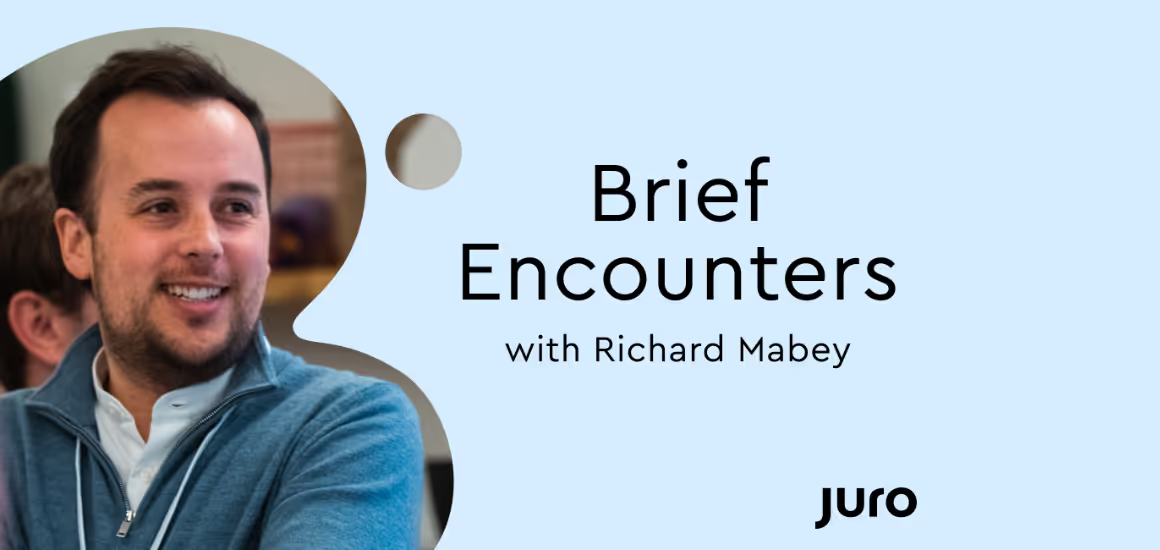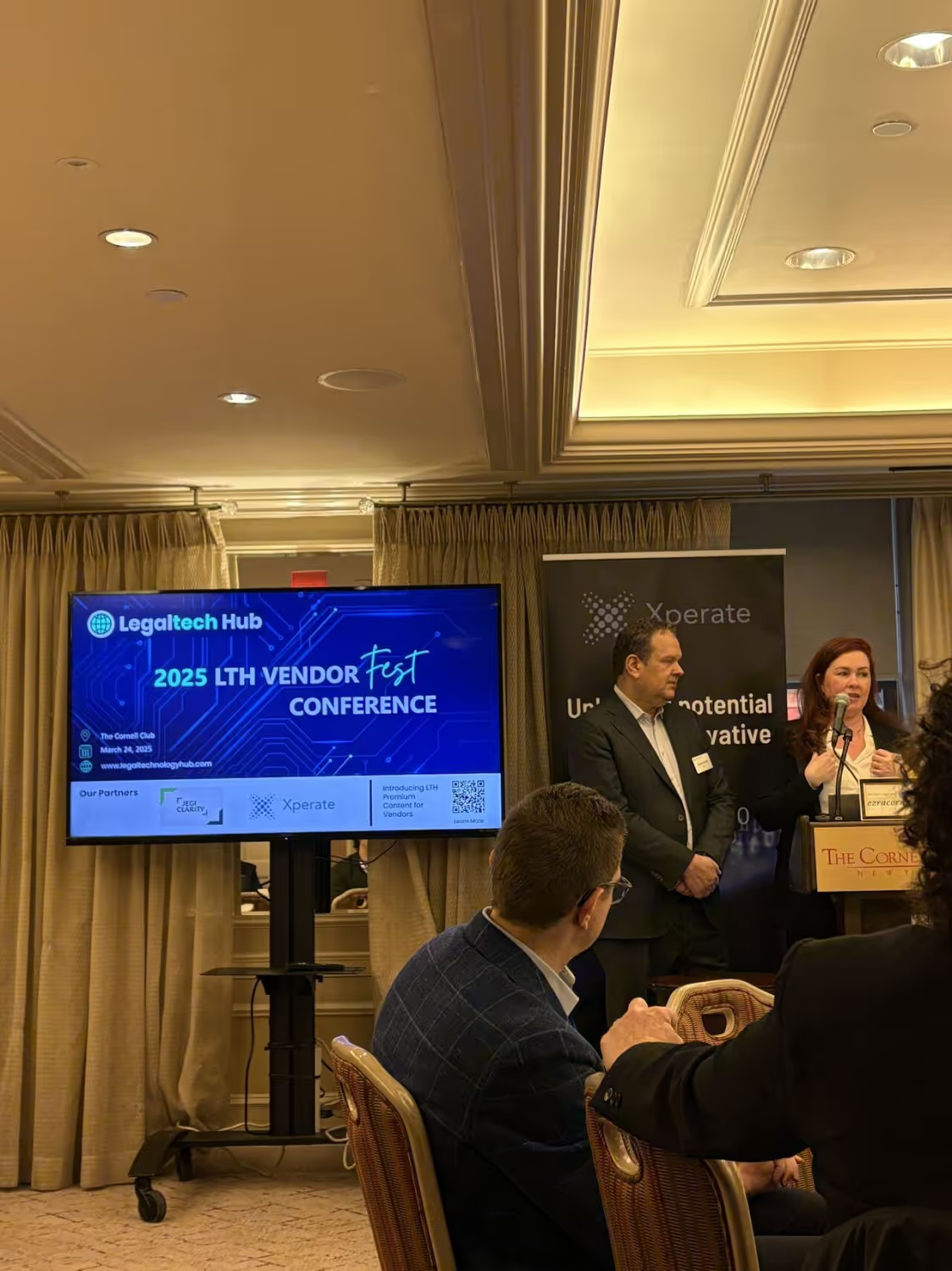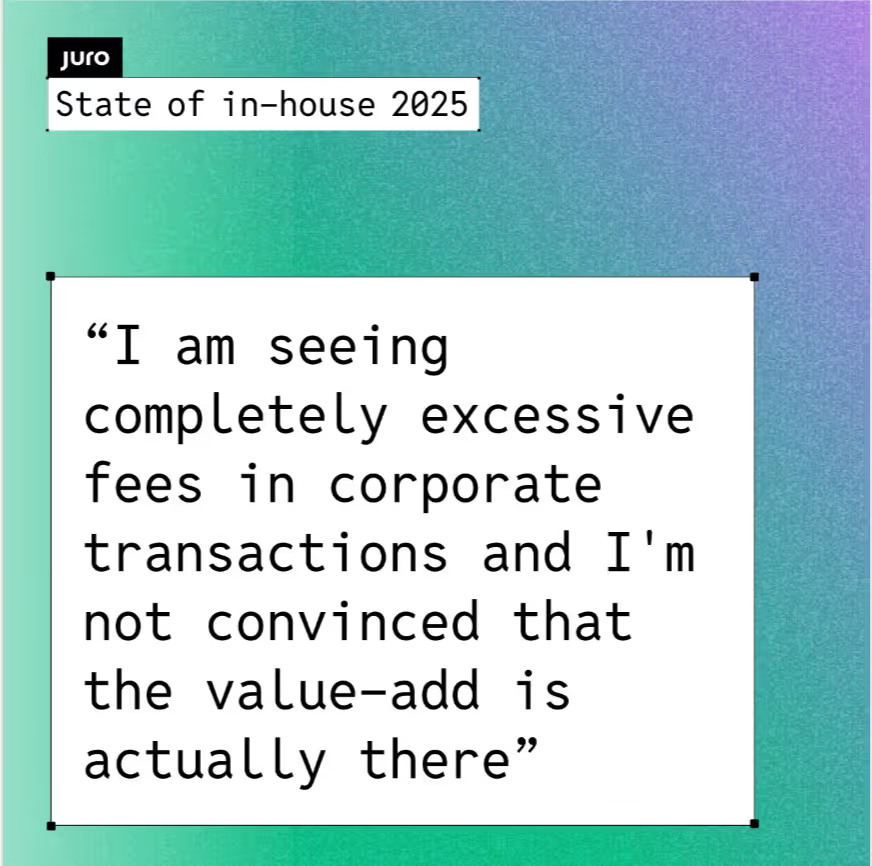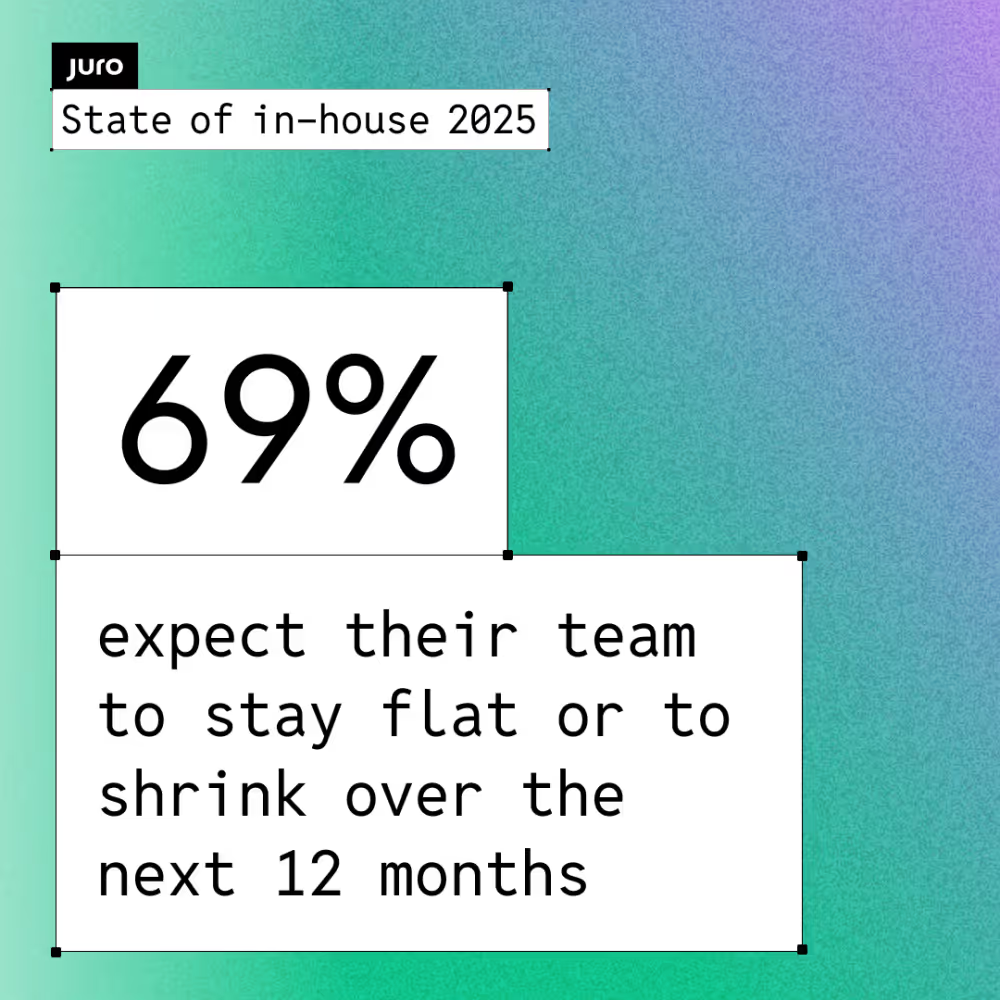Solutions
Customer Support
Resources


Creative and pragmatic fee arrangements have grown in popularity but still, overwhelmingly, six-minute increments mapped to an hourly fee are how law firms work.
But the truth is that clients hate it. That’s not even a controversial statement (and bear in mind I was one of those private practice lawyers having my every moment charged out to clients).
A few weeks back, I was in New York for Legalweek, and last week I spoke at Future Lawyer UK. At both events the excitement in legal technology was palpable. There’s something in the air - market interest, investment, marketing hype, caffeine - whatever it was, it’s infectious and growing.
You could be forgiven for thinking that this is a great moment for the legal profession.

But then I look at our State of In-house survey data and see that 45% of in-house lawyers think BigLaw offers ‘poor’ or ‘terrible’ value for money. The 160 in-house lawyers we surveyed are unhappy with:

This relationship between in-house lawyers and the law firms they instruct is one of the cornerstones of the legal industry, but it seems very one-sided if there’s so much frustration and malcontent.
I heard a story at Legal Week about a company who instructed a law firm to review 30,000 contracts as part of a due diligence exercise. They were quoted six months and an $6m.
First-generation legal AI - old-fashioned machine learning and OCR - could cut that down to 12 weeks.
Current-generation legal AI, powered by LLMs, can do it in 2.5 days. They went for this option. The time saving and efficiency gain is honestly staggering. But the shocking thing was that the generative AI option - operated by the law firm - was billed out at $1.5m. This led to an incredibly high margin for the law firm, which was heralded as a success.
I’m not sure that’s a success. If we win all that time back, and most of the value goes to lawyers at law firms and not their clients, then what’s all this progress for?

In-house legal teams are flat or shrinking. The capabilities of technology - bought by law firms - to handle tasks for them is improving. But hourly rates are going up, not down.
City AM covered our State of In-house survey this week here and while I’d love to credit my marketing team’s great PR skills, I think that this is a story because it’s such an obviously broken model.
In-house teams are calling time on these practices and have had enough with paying by the hour for often low-value work.
19% of our survey respondents replaced outside counsel with AI for a task this past year, and 34% are considering doing so in the next six months. This is unprecedented. If BigLaw’s response to AI eating their work is just to raise margins, then this disconnect might be the straw that finally breaks the camel’s back.
Where any number of pretenders tried and failed to kill the billable hour (ALSPs? The Big Four?), it might be the humble LLM that finally gets it done.

Richard Mabey is the CEO and co-founder of Juro, the intelligent contract automation platform. Under his leadership, Juro has scaled rapidly, backed by $38 million in venture funding from prominent investors including Eight Roads, USV, Point Nine Capital and Seedcamp, and the founders of companies like Indeed, Gumtree and Wise.
Richard trained and qualified at Freshfields Bruckhaus Deringer, working as an M&A associate in London and New York. He gained an MBA from INSEAD, and then spent time at LegalZoom, learning to build legal tech products.
Frustrated by the manual legal processes that slow down businesses, Richard co-founded Juro in 2016, with a mission to help the world agree contracts faster. Beyond Juro, he hosts the "Brief Encounters" podcast, makes angel investments, and supports other ambitious ventures from the boardroom. Richard is a Fellow of the RSA, an adviser to The Entrepreneurs Network and sits as a Non-executive Director of Bright Blue.